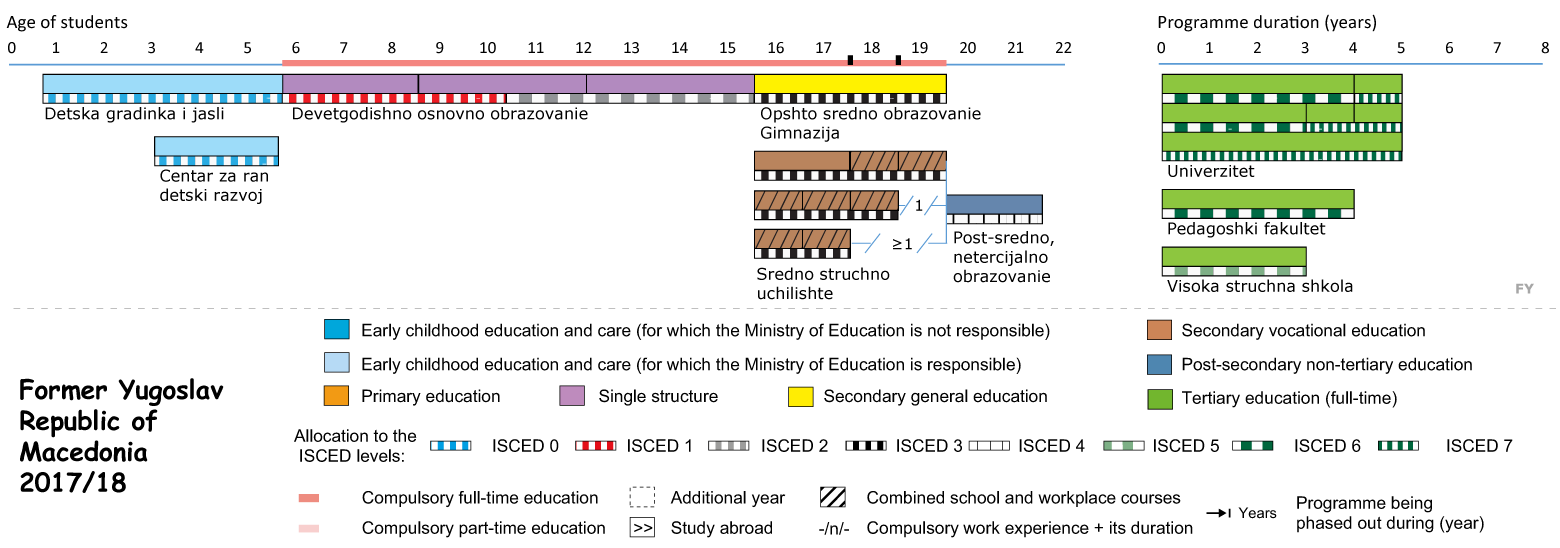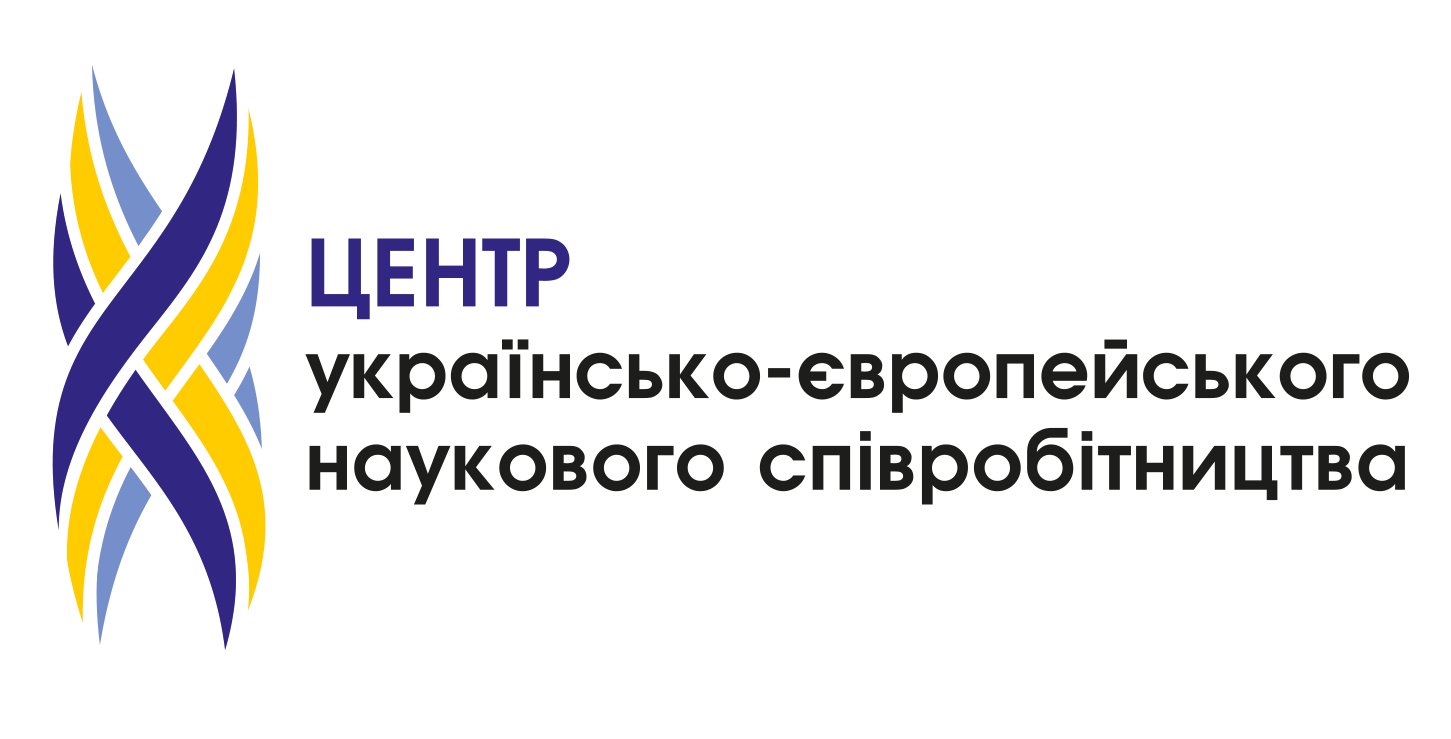 Key features of the Education System
Key features of the Education System
The educational system in the Republic of Macedonia reflects the needs of the society for educational, scientific and permanent role of the education and science for the economic, social, technological and cultural development of the society as a whole. Consequently, the Ministry of Education and Science facilitates the continuous development of the system of education, moral education and science in the Republic of Macedonia.
The Macedonian educational system is decentralized. The management of the primary and secondary schools is under responsibility of the municipalities, except for the secondary schools in the capital Skopje which are under responsibility of City of Skopje. The State provides financial resources for the education in the municipalities in a form of Block Grants. Those municipalities that are still in the first phase of the decentralization, receive block grants for financing the maintenance of the infrastructure, whereas the salaries of the employees in the schools are still centrally distributed. The municipalities that are in the second phase of decentralization receive block grants for both, infrastructure and salaries of the school employees. The councils of the municipalities are fully responsible for the internal distribution of the financial resources from the block grants among the schools that fall under their responsibility. The management of all schools for pupils with special needs is under direct responsibility of the Ministry of Education and Science.
The educational system in Macedonia provides schooling for about 275,000 pupils (about 13.5% of total population), out of which 192,000 in primary education and 83,000 in secondary education. The teaching in Macedonian schools is conveyed in four languages. Apart of the Macedonian language as official language in the country, the pupils have option to select studying in Albanian, Turkish or Serbian. In some schools the students also have the option to select non-compulsory (elective) subjects for learning about the culture and language of Aromanians or Roma people.
The curricula for the subjects in the primary and general secondary education and for the general subjects in the vocational education are prepared by the Bureau for Development of Education and for the vocational subjects by the Centre for Vocational Education and Training. The quality assurance in the educational institutions is under supervision of the State Educational Inspectorate.
There are 21 higher education institutions in the country, out of which seven are public universities. In the recent years the number of students (regular and part-time) studying at Macedonian universities is steadily increasing and in the academic 2014/2015 there were roughly 60000 students, out of which only 12% were studying at the private universities.
Special priority of the Republic of Macedonia is the adult education, an activity which is regulated with the Law on Adult Education and Law for Vocational Education. The system of adult education is promoted by the Centre for Adult Education, an institution established by the government in order to contribute through the adult education to the achievement of socio-economic needs of Macedonia, to meet the needs of the labor market and to assist individuals in their personal development.
The Republic of Macedonia is participating in the Erasmus+ programme as a Programme Country. The country recently has completed the referencing of the National Qualifications Framework to the European Qualification Framework, a process which was implemented by the Ministry of Education and Science with support from the ETF.
Latest development in the primary education is the introduction of Cambridge Curriculum. The reform has started in 2014/5, and covers the science and mathematics curriculum in the all nine grades of the primary education. The objective of the reforms is to modernize the current traditional teaching and learning methods, as well as the instructional methodology, and introduce more interactive approach in the educational process. This reform is joint project with the Cambridge International examination.
Stages of the Education System
Education is compulsory between the ages of six to 19 for general secondary education, or from six to 17, 18 or 19 for vocational education and training depending on the selected VET track.
The educational system in the Republic of Macedonia consists of three sub-systems:
- Primary education (ISCED 1 and ISCED 2): in duration of nine years, free of charge and compulsory for all children aged 6 to 15, with no regards to the gender, religion and nationality. The primary education activities are defined and regulated by the Law on the Primary Education and with the Concept for Nine-years Primary Education. The mission of this sub-system is to raise, educate and guide. In the first three grades the assessment of the pupils is descriptive, and for the rest of the grades is numeric (marks 1 to 5). Private primary education schools are not recognized in Macedonian education system. However, private primary schools exist and their pupils are mainly of foreign citizenship;
- Secondary education (ISCED 3): general secondary education (Gymnasium) in duration of four years and vocational education (Vocational Schools) in duration of two (vocational education of two years), three (vocational education for professions) or four years (vocational technical education). The secondary education is compulsory and comprises all children in the age cohort 15 to 19 years for the general secondary education, and for the age cohort 15 to 17, 18 or 19 in the VET depending on the selected track. The activities and responsibilities of the secondary education are defined and regulated with the Law on the Secondary Education and the Law for Vocational Education and Training. The secondary education is free of charge in the public secondary schools. The pupils also have the legal option to enroll into the private secondary schools which are officially recognized by the Macedonian educational system; there are 16 private secondary schools in the country. In several schools in the country there are bilingual classes in which the teaching of non-language subjects is performed in foreign language (French or English);
- Higher education (ISCED 5, 6 and 7): implements under-graduate, master and doctoral studies in the higher educational institutions and institutes which are autonomous and independent. There are seven state universities and 14 private universities in the Republic of Macedonia. The activities are defined and regulated by the Law on the Higher Education. In accordance to the national policy for provision of equal access to the higher education, social cohesion and lifelong learning, the state introduced the Project 35/45, which promotes enrollment of the students from the age cohort 35 to 45 years.
The educational system comprises also the children with special needs and who are enrolled in the schools for special education or within the regular teaching process depending on the preferences of the students and their parents. There is separate curriculum for these schools.
Structure of the National Education System
Resource: https://eacea.ec.europa.eu/national-policies/eurydice/content/former-yugoslav-republic-macedonia_en









